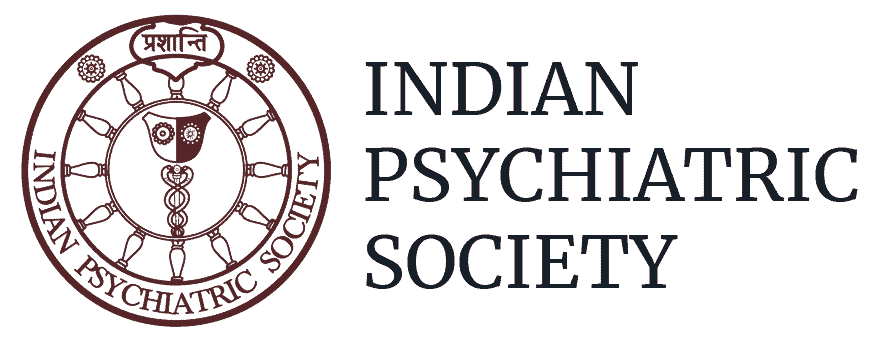
Cognitive Therapy and Family Intervention for Patients with Dementia and Psychosis
Summary: This guideline describes psychosocial assessment principles and psychosocial management strategies for cognitive, behavioral and psychological symptoms of dementia, particularly in Indian context. This includes (1) behavioral and psychological symptoms such as delusions, hallucinations, depression, and agitation which are common in persons with dementia, and contribute to significant distress in patients as well as caregivers. They are also an important reason for institutionalization. (2) Core cognitive symptoms (3) Overall assessment of quality of life and well-being of patients as well as the caregivers. The management strategies for each of these may be distinct. Psychosocial management of BPSD is based on a “person centred care” approach.” The first-line management recommended for BPSD is nonpharmacological treatment.” The focus of the management will be to understand the antecedent, behavior, and consequences (ABC analysis) for each of the BPSD and plan appropriate intervention for the same. Patients with dementia need comprehensive assessments and evaluation to facilitate appropriate management. The assessment and evaluation should confirm the diagnosis of dementia, identify any potentially treatable cause for dementia, and assess the extent of impairment in cognition, behavior, and activities of daily living. Assessment of the extent of cognitive impairment and the domains involved can be done through the detailed clinical history collected from the patient and informant. Periodic assessment of the ability to do independent functional activities is essential to adapt the intervention methods and objectives of the treatment depending on the progression of the severity. Direct assessment of cognitive function can be done using bedside cognitive assessments, brief structured instruments for cognitive assessment, or detailed neuropsychological evaluation. Maintenance and improvement of cognitive function even to a marginal extent can contribute to a meaningful clinical benefit in a condition such as dementia characterized by progressive cognitive decline. Among the structured cognitive interventions, the most commonly evaluated type of interventions includes the following: Cognitive stimulation therapy (CST); Cognitive rehabilitation; Cognitive training. Each of these is described in terms of principles, practice, patient selection considerations and expected outcomes. In addition, considerations involved in dealing with caregivers are described, both as an independent focus of concern as well as essential collaterals to the treatment of the individual with dementia . The steps involved in diagnostic disclosure, follow-up asseessment, and potential interventions for caregiver stress, are described.
Authors: Gundugurti Prasad Rao, Palanimuthu Thangaraju Sivakumar, Shrikant Srivastava, Roop Chand Sidana
Year of Publication: January-2020
Citation: Rao GP, Sivakumar PT, Srivastava S, Sidana RC. Cognitive Therapy and Family Intervention for Patients with Dementia and Psychosis. Indian Journal of Psychiatry. 2020 Jan;62(Suppl 2):S183.
IJP Article Link
The IPS Archive
All notices & announcement of the IPS are now archived for future reference and are availabe in a searchable format for registered members of the society.


